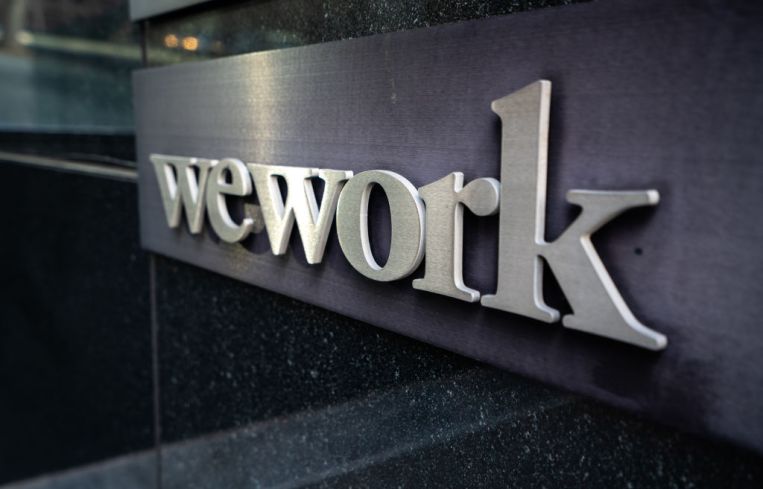WeWork Reports 11 Percent Revenue Spike in First Quarter, Improving Net Losses
By Mark Hallum May 9, 2023 1:12 pm
reprints
WeWork saw strong(er) earnings in the first quarter of 2023, but it’s still seeing $299 million in net losses.
The coworking giant saw an 11 percent increase in revenue year-over-year, according to an earnings report released Tuesday, amounting to about $849 million with net losses down and fundraising efforts yielding about $1 billion.
Revenue was up due to All Access memberships hitting 75,000 in the first quarter, an increase of 36 percent year-over-year, as well as a decrease in net losses by $205 million on an annual basis, amounting to $299 million in the first three months of 2023.
“April saw a reversal in enterprise demand resulting in [US and Canada’s] first positive net sales month in 12 months,” WeWork CEO Sandeep Mathrani said in a statement.
With the $1 billion raised, WeWork’s total debt was reduced by $1.2 billion.
“Critically, following our debt restructuring, we now have a strengthened balance sheet and liquidity position that gives us the runway to deliver against our plan,” Mathrani said. “Our debt restructuring was backed by a large majority of bondholders and investors, demonstrating their conviction in the WeWork business model and our future.”
Regardless of the relatively good news from the earnings call, WeWork’s stock seemed mildly unaffected, ending the trading day on Monday at about 45 cents per share and dropping further to 41 cents per share by noon on Tuesday.
And WeWork needs that stock price to rise after receiving a notice from the New York Stock Exchange in late April warning that it is in danger of being delisted after dropping below $1 for over 30 days, being given a six-month cure period.
Last week, credit rating agency S&P Global Ratings downgraded the company to an SD rating, for firms that are in “selective default.” WeWork previously had a CC rating, which meant default was a near certainty.
WeWork has been limping as a publicly traded company since its first IPO failed, leading to the departure of founder Adam Neumann as the firm almost fell into bankruptcy. The second crack at being listed was also not easy, being done through a special purpose acquisition merger with BowX Acquisition Corporation in 2021.
Mark Hallum can be reached at mhallum@commercialobserver.com.



